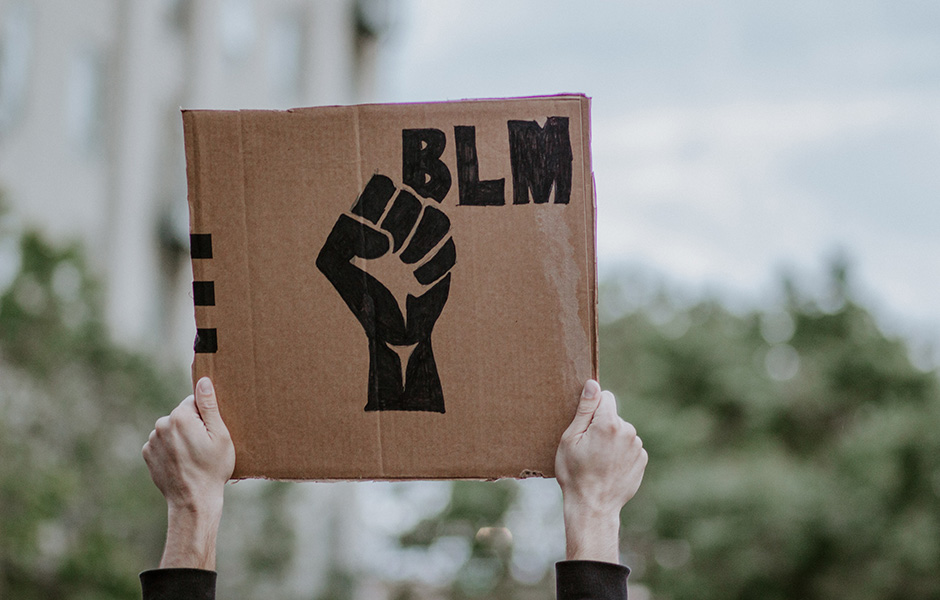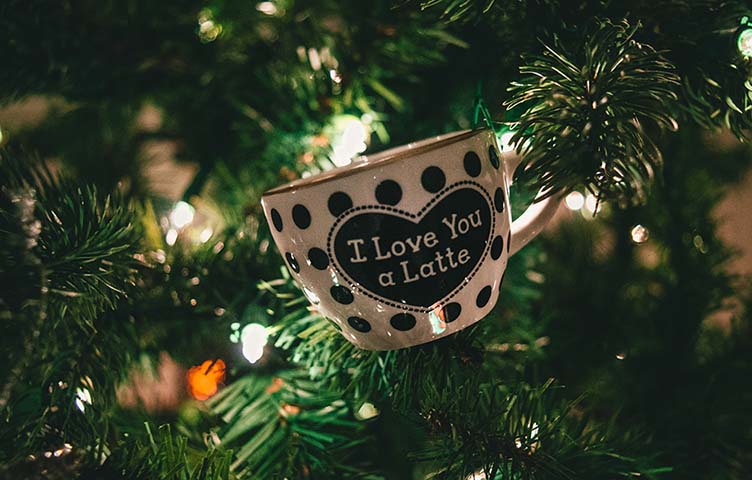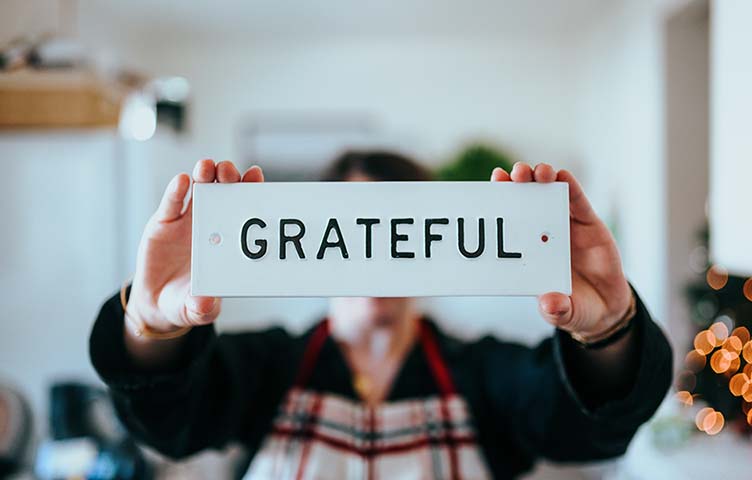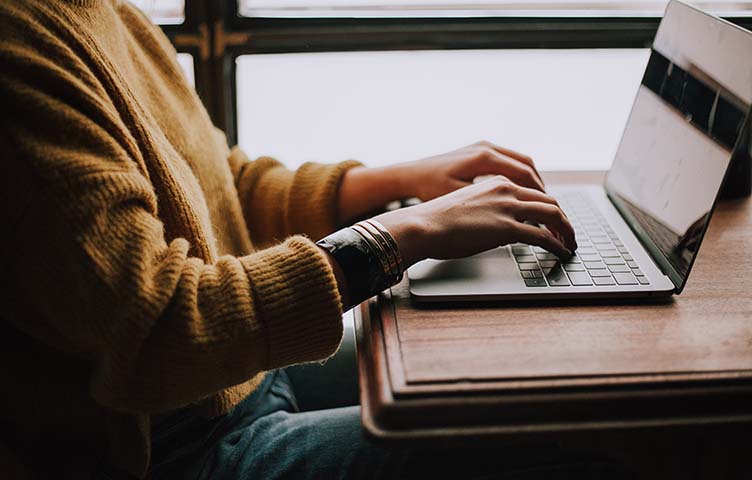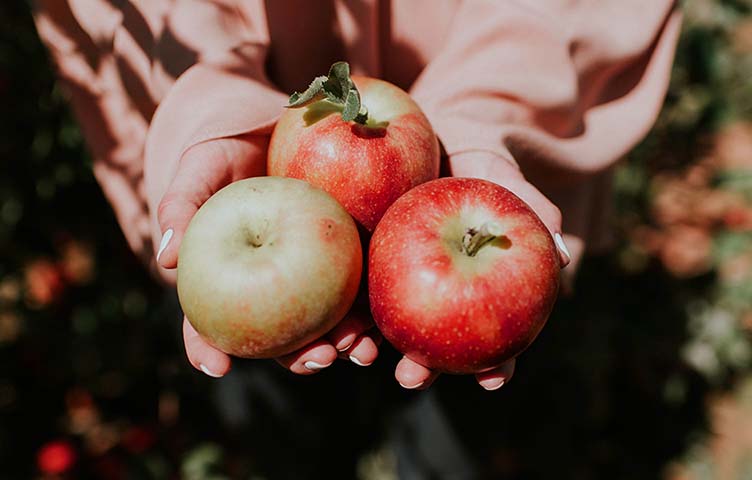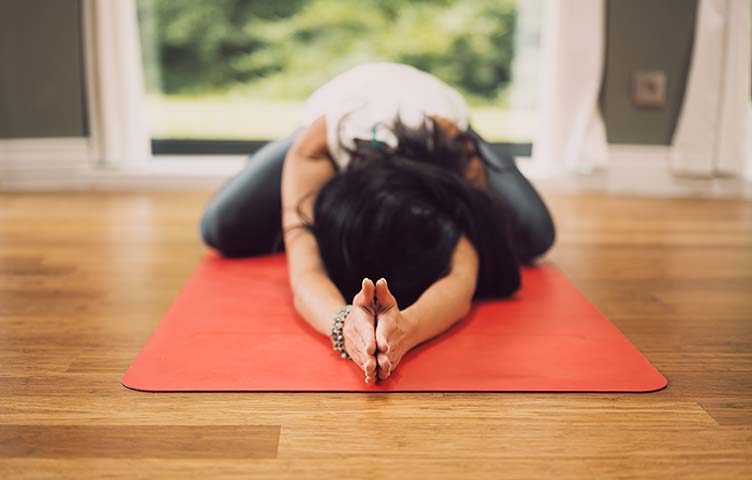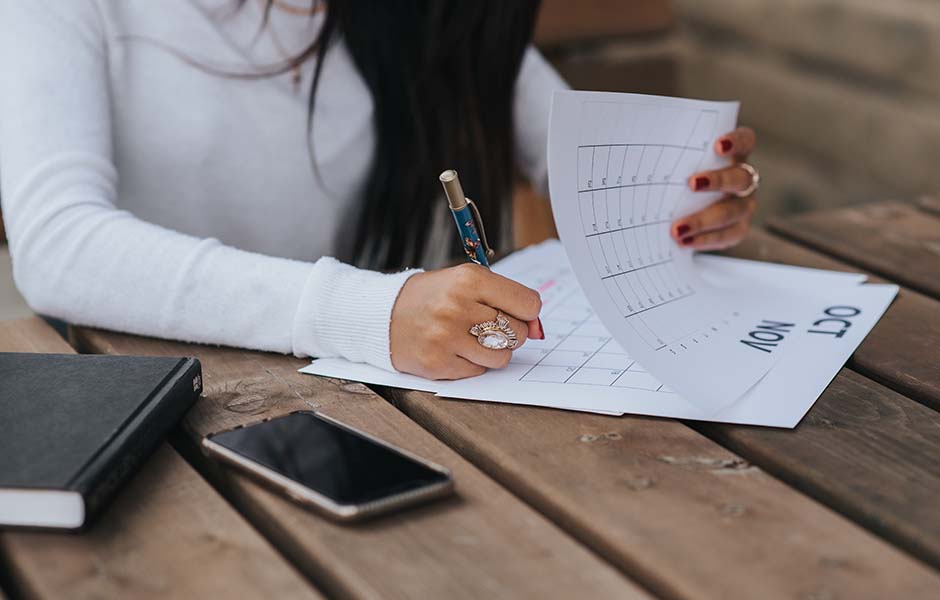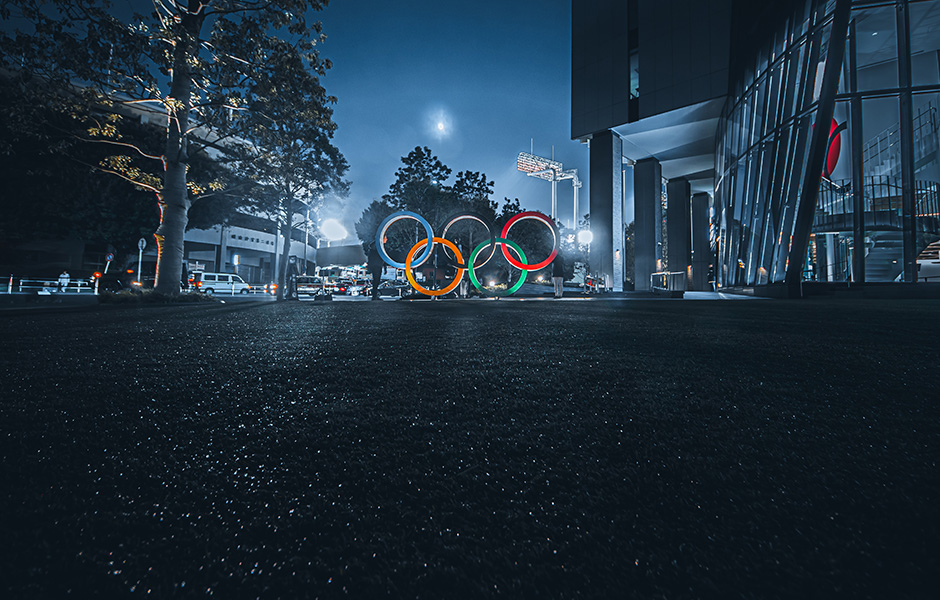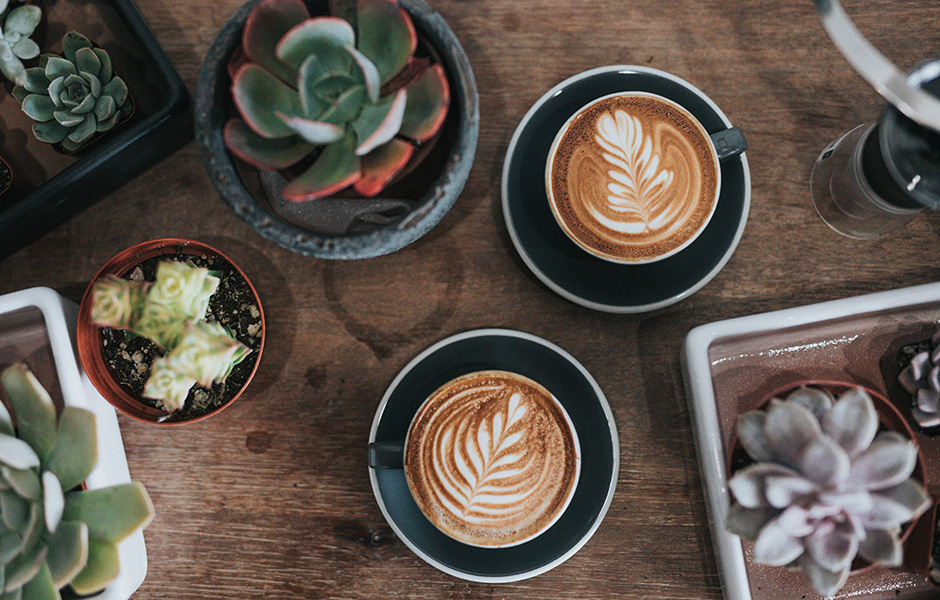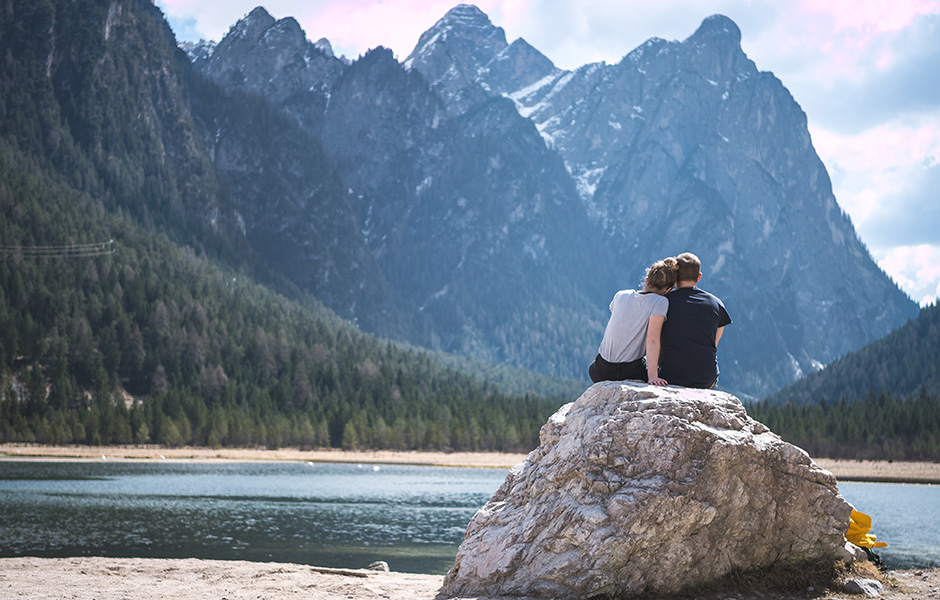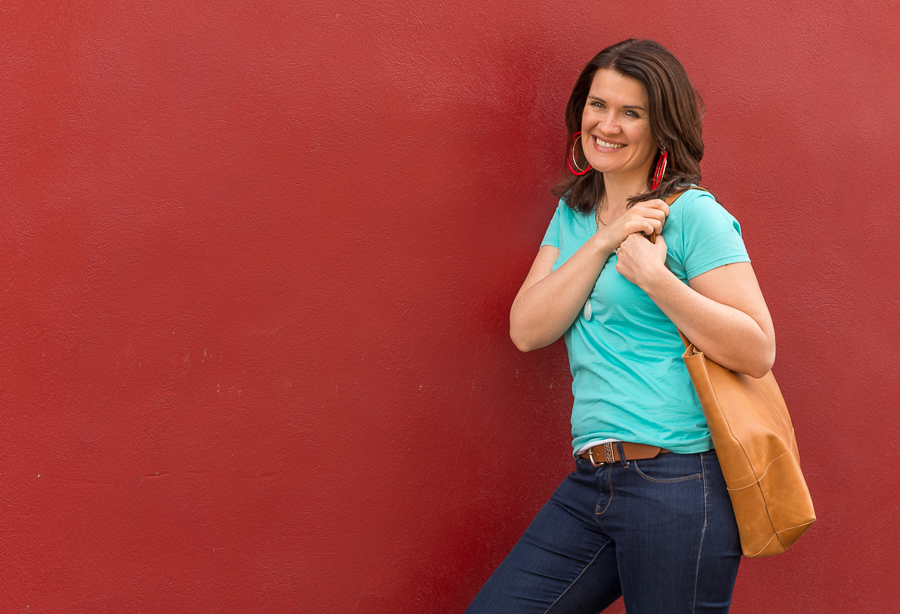If your friend called you in the middle of the night, upset, what would you do? Before getting up and driving over to their home, before making a plan on how best to help them—
You’d listen, right?
You’d ask them to take a deep breath, then to tell you what was wrong. You wouldn’t come over and fix the problem—because you don’t even know what the problem is yet. You wouldn’t tell them to call you in the morning; you care too much about them.
You would listen.
On Monday, I shared where I am at on my journey of being a part of the fight against racism: I’m listening. I am taking time to learn as much as I can about how deeply this cancer of racism is embedded in our country, as well as how it is affecting our brothers and sisters of color today. I don’t want the only time I’m consciously concerned about racism, to be when an innocent man or woman has been killed. I want to be a part of the solution, where lives are saved and people are valued.
Only, listening doesn’t seem like much.
In fact, when I put out Monday’s post, I felt a little embarrassed. In comparison to all those marching in their cities, it felt passive. Perhaps even unhelpful. Except, if we think about our brothers and sisters of color, as our friend calling us in the middle of the night. They need us to listen. Sure, we know racism is wrong, but we as white people don’t have the experience or knowledge needed to fix it. We need to learn from our friends and neighbors what they most need from us.
When I first entered ministry, at eighteen, I used to jump in with both feet to try and “save” some of the people I served. Only, I learned over time that the best way to help them was to hear directly from them what they needed. To empower and walk with them on their journey.
I don’t want the only time I’m concerned about racism, to be when an innocent man or woman has been killed.
In the case of Racism, I also need to learn where my actions may be contributing to their harm. Racism is a toxic disease that caters only to the protection and privilege of white people. It keeps us in our own comfortable, unassuming bubble, while those it affects, it deeply oppresses. The only way for change to happen, is for us to pop our own bubbles, and reach out to those struggling under this ancient curse.
Today, I am sharing a few places and spaces where I’m listening. People and resources that are teaching me so that I can better show up in the world for those that don’t look like me. I’m still at the beginning of this journey, but here is my start. Check them out, and if you have some resources that are especially helping you on this journey, please leave a comment and share.
Be the Bridge
Be the Bridge is an organization started by racial reconciler, Latasha Morrison, that brings people together to have safe conversations about race and racism. Not only that, but it is a great place to start to find resources, classes, and a community that is dedicated to bringing about change in our world. Check out their Sixteen Bridge Building Tips for White People.
Podcasts:
Episodes that have/are opening my eyes to the depths of racism
Lead Stories, S04: Episode 11 – Breaking the Mold with Lisa Sharon Harper
That Sounds Fun, Episode 156—with Benjamin Watson
Going Scared Podcast, Episode 35 — Leverage Your Power With Latasha Morrison
Podcasts “newish” to my playlist
Books:
A book I recommend
I’m Still Here: Black Dignity in a World Made For Whiteness by Austin Channing Brown
Books on my reading list
Just Mercy by Bryan Stevenson
Be the Bridge by Latasha Morrison
The Hate You Give by Angie Thomas (also a movie)
What resources are helping you better understand racism?
What is the next step you need to take on this journey?
Feeling a little adrift in this strange, new normal of being at home? Sign up for my email list and get your free copy of my Social Distancing Survival Guide: Everyday Routines. Sign up here.
Photo by Gabe Pierce on Unsplash

